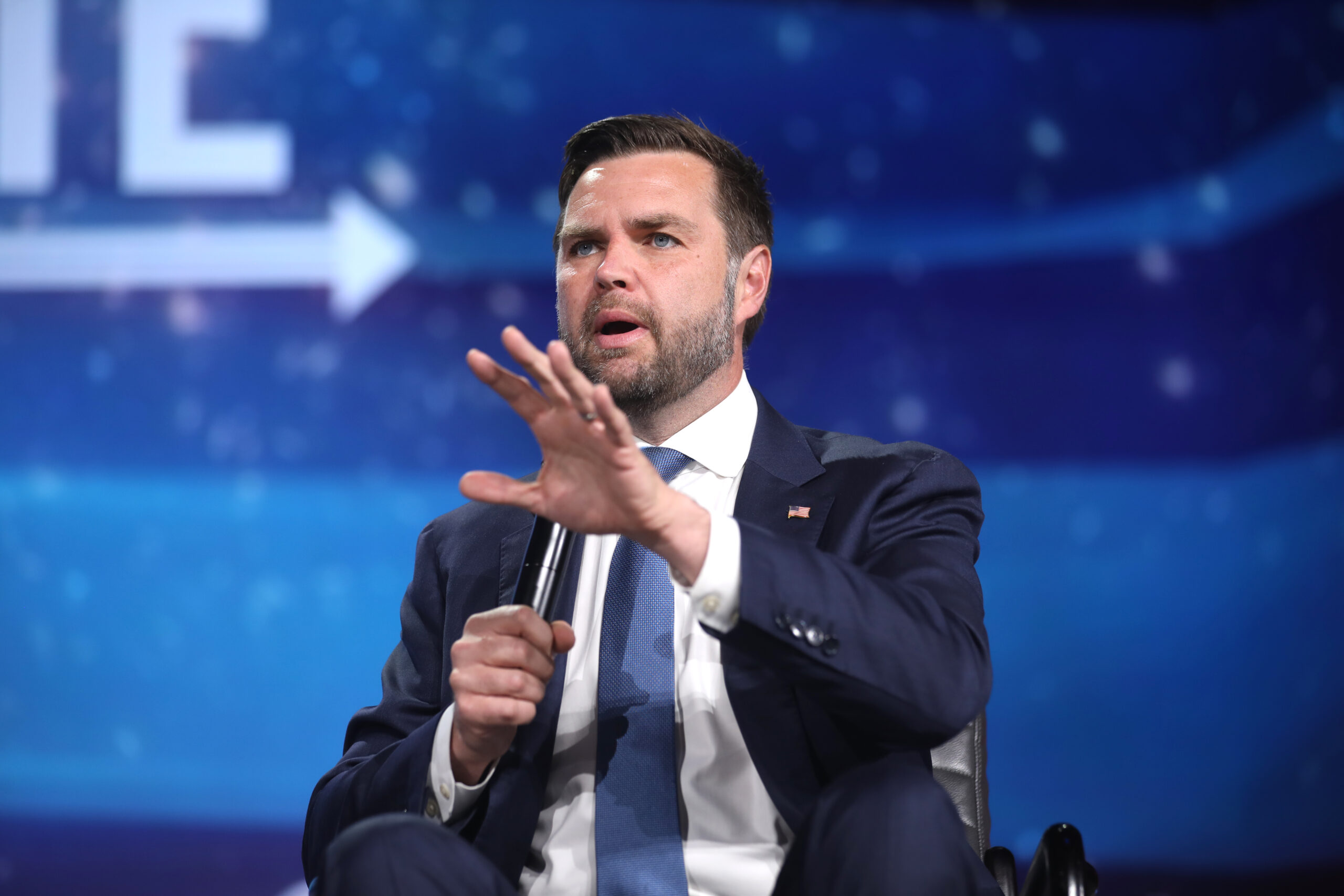
It’s difficult to overstate how unpopular President Donald Trump’s agenda has become. On nearly every major issue, his policies face more opposition than the already unpopular president himself. A recent CNN poll revealed Americans oppose Trump’s signature domestic policy law by a 22-point margin, marking it as one of the most disliked new laws in decades. Despite this, Congress still passed the legislation, largely due to Republican fears of Trump’s political influence.
The Senate’s Narrow Majority and Historic Reliance on VP Vance
Although Republicans expanded their Senate majority to 53-47 in the 2024 election, the party has needed Vice President JD Vance’s tie-breaking votes to push key legislation forward. Vance is on track to nearly double the record for most tie-breaking votes cast by a vice president in a single four-year term. This month alone, he has broken ties five times—on Trump’s agenda bill and a “rescissions” package aimed at codifying some spending cuts made by the Department of Government Efficiency. Even these modest cuts, roughly $9 billion, faced significant GOP defections.
Vance could end up casting 58 tie-breaking votes in Trump’s second term, surpassing Kamala Harris’s record of 33 between 2021 and 2025. Other recent vice presidents cast far fewer tie-breakers: Mike Pence 13, Dick Cheney 8, Al Gore 4, and Joe Biden none. Harris’s majority was narrower (51-49), meaning fewer tie-breakers were necessary, and most of her votes were on nominations or smaller bills. Historically, major tie-breakers have been rare and usually occurred during closely divided Senates.
Party Divisions and Political Weakness
Despite the larger Republican majority, the GOP struggles to unify behind Trump’s agenda. Many Republicans defect on major votes, forcing the administration to scrape together the bare minimum to pass legislation. This reveals not political strength but political fragility within the party. The administration’s agenda lacks bipartisan support and often fails to unite its own members. The result: Vice President Vance will likely remain a key figure in deciding the fate of critical legislation.
Author’s Opinion
The extreme reliance on Vice President Vance to break Senate ties exposes a deeper problem: Trump’s agenda is divisive even within his own party. This fractured support weakens the GOP’s ability to govern effectively and signals a lack of confidence among Republican senators. Such dependence on tie-breaking votes is not a sign of strength but of vulnerability. For lasting political success, the party must seek broader consensus rather than rule by the narrowest margins.
Featured image credit: Wikimedia Commons
For more stories like it, click the +Follow button at the top of this page to follow us.
